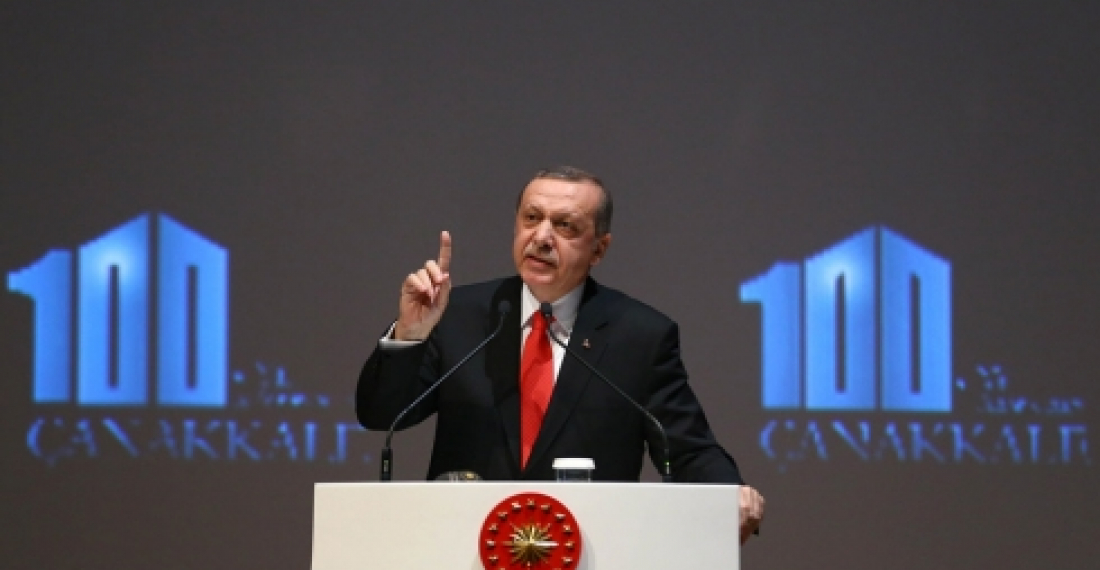Turkish President, Recip Tayip Erdogan has declared that Turkey will open all its archives to allow historians to examine the events of 1915, and urged Armenia and other countries to do likewise.
In a speech at the Peace Summit organized on the occasion of the 100th Anniversary of the Battle of Çanakkale, President Erdoğan said: "The EU has been advising us to open our archives. I have always said that we are ready to open our archives, which contain almost a million documents. I say Armenia should open its archives too. If third countries have relevant archives, they should open them too. We are also ready to open our military archives."
The Turkish President also referred to those who died in Gallipoli in 1915. He said, "Almost half a million people from all nations were wounded and killed in the clashes or lost their lives because of diseases during the Battles of Çanakkale. I commemorate them all with respect".
You can read the speech of president Erdogan in english in full here.
source: commonspace.eu with the Press Service of the president of Turkey
Photo: President Erdogan addressing the Peace Summit in Istanbul on 23 April 2015 (picture courtesy of the Press Service of the President of Turkey).







